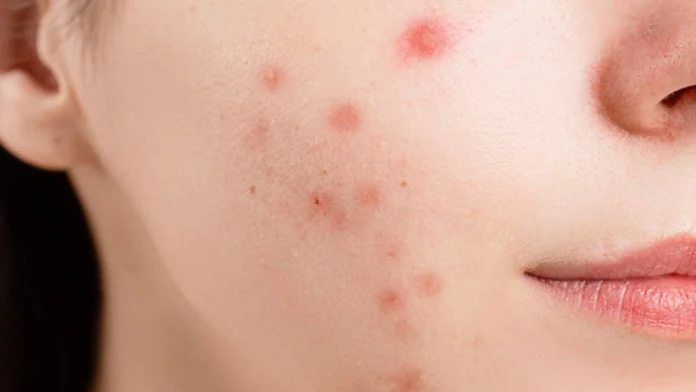If the skin has frequent acne breakouts, it is considered acne-prone skin. It is not the pimples that happen rarely. But it is when the pimple breakout on the face more often and makes the skin acne, eventually leading to inflammation.
Such conditions are chronic and might take years to recover if not treated by experts. Acne is not restricted to teenagers. It could occur in any age group and appear on a person’s chest, back, neck and shoulders.
The acne could be inflammatory or non-inflammatory. Non-inflammatory is very mild, usually due to blocked pores. The black and white heads are the typical example of it. At the same time, the inflammation appears red and is even painful, usually with pus.
Hence, getting proper treatment at a skin care clinic is always advisable, which could eventually make the acne disappear.
Acne-Prone Skin: 14 Best Treatment Tips
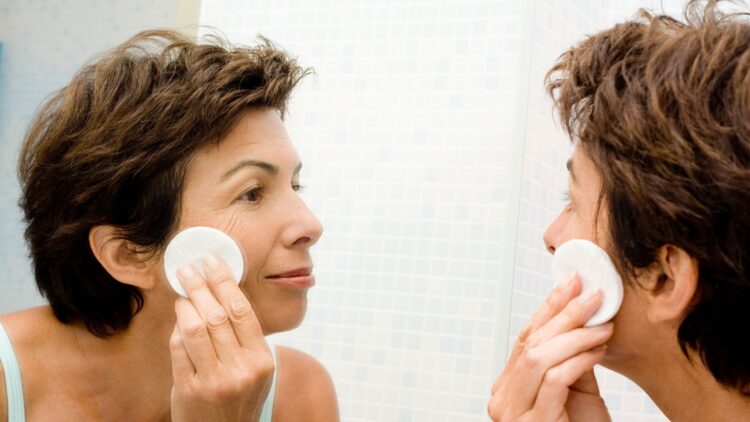
1. Always Keep The Skin Clean
Always keep the face clean by washing with the help of a mild cleanser, especially after sweating. Never scrub the face with sponges or other tools that might irritate.
While washing, it is always advisable not to overwash, as the natural oils might disappear, making the skin a bit red-colored and tight. Cleaning in the morning and at night is advisable.
2. Always Avoid Stress
Stress destroys healthy cells, making them oily, which could eventually make acne appear. Therefore it is good to avoid physical and emotional stress. Otherwise, there might be a hormone imbalance that causes inflammation.
Practicing relaxation techniques like yoga, exercise, and listening to music will help in controlling inflammation flares. Make sure to get enough sleep, as this will help in reducing stress.
3. Consult A Dermatologist
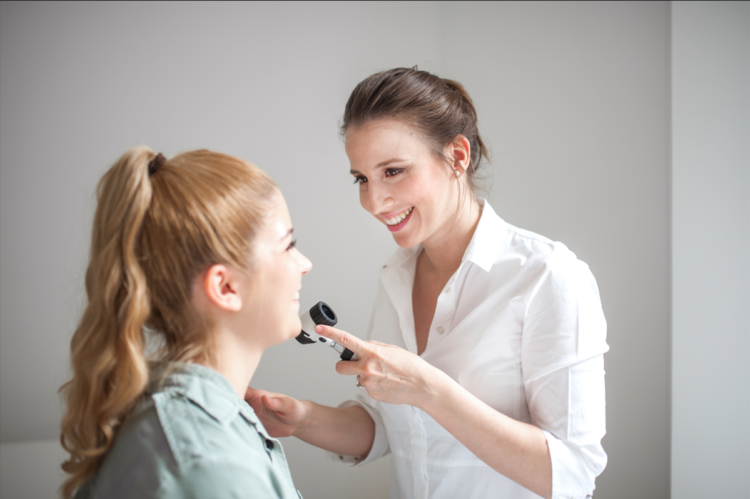
If having inflammation for the first time or the breakouts have not responded to self-medicine treatment, it is the correct time to consult a dermatologist.
They are specialists with experience treating various issues, including treating an inflammation-prone person.
A dermatologist evaluates the skin type and will determine the reason for the inflammation breakout. This will eventually lead them to start treatment that will work best for the individual.
4. Avoid Over Exposure To Sun
The myth is that exposure to the sun will dry up the inflammation, eventually making it disappear. It is false. Exposure to the sun will help get vitamin D to the body, and limited exposure helps reduce inflammation. But overexposure to the sun is never good for the skin.
Overexposure could lead to the sun damaging the skin or even might lead to cancer. Medications for acne could make the complexion sensitive to the sun, so always read the warnings before taking such medicines.
Always wear a breathable dress to cover the vulnerable complexion and apply sunscreen when going out in the sun.
5. Be Gentle To The Skin
Use only those gentle products for the complexion, especially those that display alcohol-free on the label. It is always advisable to avoid irritating products like astringents, and toners, as these could dry up the skin too much, making the acne look worse.
Always a gentle approach to skincare is preferred. Never scrub or rub too hard. Don’t touch or rest the face on your hands, as the fingers could subconsciously scratch the acne-prone complexion, leading to discoloration, inflammation, or scarring.
6. Watch Your Diet

Junk foods don’t cause acne, but a poor diet will never help the body. Always make sure to drink water and have fruits and vegetables, along with foods that have protein. Avoid taking artificially sweetened drinks and always reduce sugar and carbohydrate intake. It is always advisable to reduce the intake of dairy products if prone to acne.
Green tea, pomegranate juice, lemon water, and coconut water are a few drinks that will reduce the inflammation formed in the body.
7. Never Cover Acne With Cosmetics
Many cover acne with cosmetics as they want to conceal it. But this will backfire in the long run. This could block the pores, which increases acne. Always use minimum makeup on acne-prone skin, as it won’t clog the pores.
8. Remove Makeup Before Sleeping
Permanently remove makeup before going to bed for sleep. The makeup prevents the skin from breathing which hampers its renewing process. The impurities clog up the pores, worsening the condition of acne. It is advisable to use a gentle makeup remover to remove makeup before sleeping.
9. Clean The Brushes Regularly
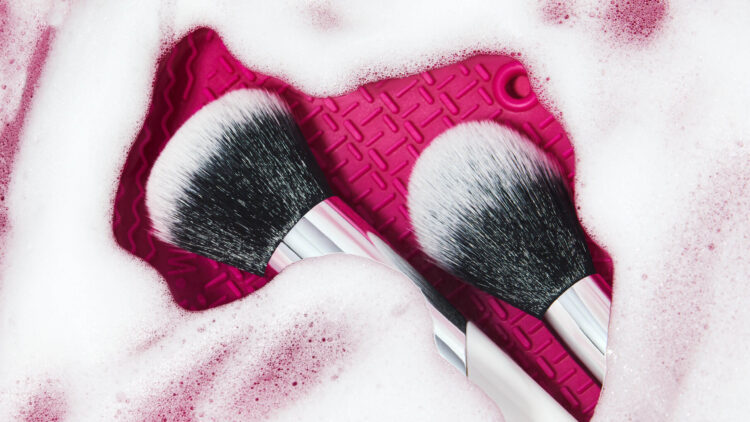
Make sure to clean the brushes used to apply cosmetics regularly. Washing the brushes will remove the residue and other germs from them. A lukewarm and gentle soap is enough to clean the brush’s bristles.
10. Use Acne Medicine As Prescribed
People get impatient and change acne medicine very often. This will not be effective. Sometimes the medication will take weeks or months to cure the acne. Switching the treatments and drugs will make the skin over-sensitive. Consult a dermatologist before changing the medicine.
11. Use Clean Bed Linens
Dirty linens will eventually make the skin dirty. The germs on the bed sheets and pillows will stick to the body, causing acne breakouts. Always make sure to clean the bed linens regularly.
12. Take A Bath After Exercise
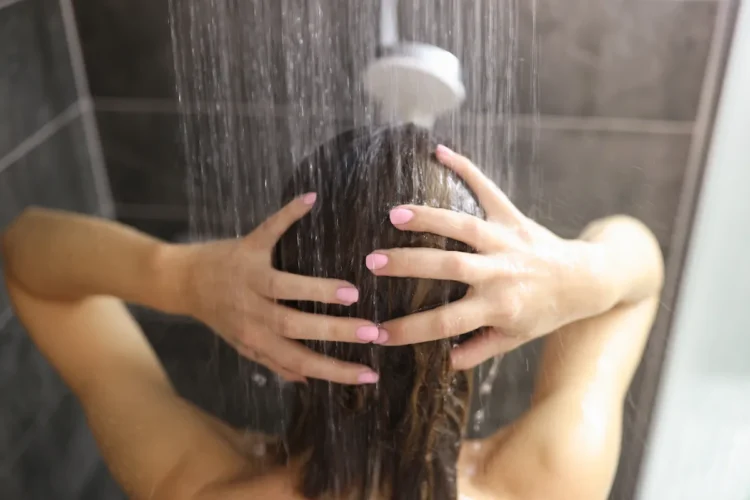
While exercising, the skin will sweat and attract impurities from the surrounding atmosphere. This will increase the chances of acne. So always take a bath to clean the skin.
13. Use Noncomedogenic Products
Noncomedogenic products are oil-free and don’t clog the pores. Nowadays, many cosmetic products use this word on their label.
Before using any cosmetic products, always check the ingredients used in them. Avoid those products with irritants like alcohol and other fragrance, which might adversely affect the acne.
14. Apply Moisturizer
It might sound awkward to moisturize oily skin, but one should keep in mind that inflammation treatments dry the complexion. It is always advisable to choose an oil-free moisturizer, as it will not clog the pores.
Conclusion
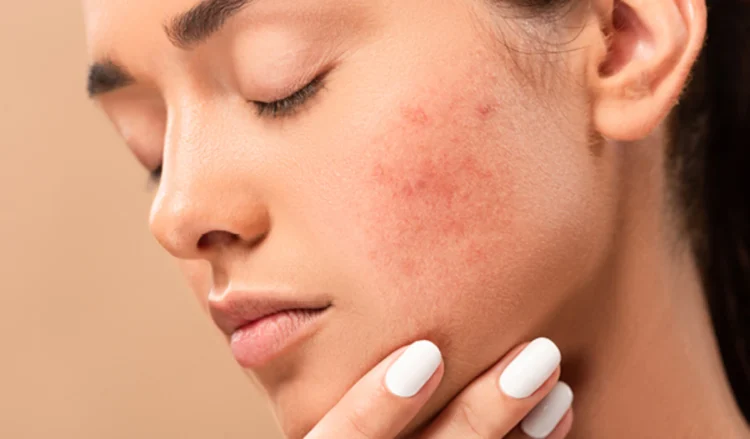
Never let skin acne keep anyone from putting up their best face forward. If anyone has concerns or problems with their skin, consult a dermatologist.
Sometimes skin acne could be genetic. Whether it is a teenager or an adult, professional help is always helpful in determining the proper treatment for the same.

